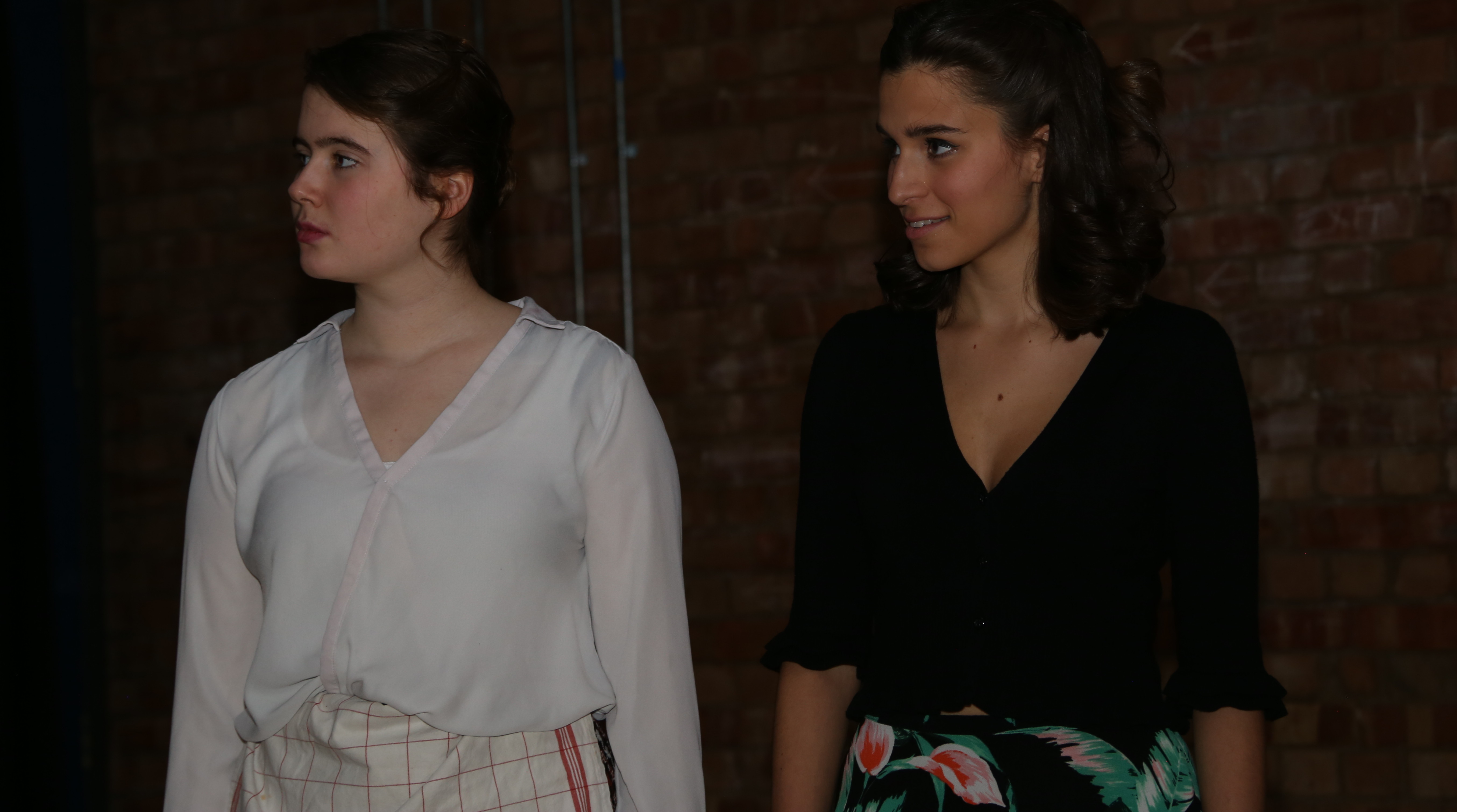Intimate, relevant, human: A View from the Bridge review
Arthur Miller’s 1955 tragic play A View from the Bridge is the latest offering from the Warwick University Drama Society (WUDS), and does not disappoint. The play deals with what America represented to the outside world in the post-war era: a beacon of hope for immigrants. This theme is brought down to a human level by placing it at the heart of an Italian American family living in a small Brooklyn apartment, failing to acknowledge its troubled and unnatural relationships. Narrated by the lawyer Alfieri, an immigrant himself, the audience learns of Eddie, a dock worker who lives with his wife Beatrice and orphaned niece Catherine, whom he obsesses over. This misplaced obsession is exacerbated by the illegal arrival of cousins Marco and Rodolpho with the latter forming a romantic relationship with Catherine, to Eddie’s disdain.
It is to the strength of the production team that this play was chosen: its discussion of displaced peoples resonates only too well with a modern audience, who are uncomfortably aware that the struggles of Marco and Rodolpho mirror the plight of immigrants and refugees today. The brothers represent two types of immigrants. Marco, a father and husband, is simply seeking to provide a better life for his family. The character of Rodolpho, however, opens up the debate that immigrants might merely be exploiting what America has to offer. Jack Piper and Barnaby Papadopulos skilfully portrayed this contrast. The latter effectively captured the ambiguity of Rodolpho, leaving the audience questioning his prerogatives throughout.
The play’s discussion of displaced peoples resonates only too well with a modern audience
But the play it not just about immigration and the American dream: the small cast brought home the importance to the play of family and human fallibility. It is a study of relationships, so jealousy, lust, judgement and reputation are all central concerns. The cosiness of the cast made us familiar with the characters, who were well-rounded and nuanced. Nothing was handed to us in a straightforward manner; the audience had to form their own opinions of the characters and this only enhanced the production.
As soon as we entered the Humanities Studio we were placed in the world of Eddie, as he played pennies with two other characters: the pre-set created a separate world for the audience to engage with. The immersive experience was supported by the convincing Brooklyn and Italian accents from all eight cast members. In particular, Daniel Stubbs-Benbow and Marianne Steggall (portraying Eddie and Beatrice respectively) executed it flawlessly, even through the emotional and harrowing latter scenes.
The small cast brought home the importance to the play of family and human fallibility
Initially when we sat down we were surprised at the lack of set and questioned whether this would impact our viewing experience. We were both pleasantly surprised to find that it worked to advantage: it allowed the performances of the actors to shine through, with minimal background distraction. The only exception was a chair at the centre of the stage, serving as a nucleus around which the power dynamics were played out. It became a literal battleground for the male characters to assert their dominance, most memorably at the end of the first half when Marco raises the chair above his head after Eddie has struggled to move it even slightly.
The intimacy of the Humanities Studio gave the audience proximity and let us become engrossed in the storyline; at times we forgot we were watching a fictional performance. The tension consistently increased through the play and is ultimately never resolved, but the attention of the audience never once lapsed. We were left on the edge of our seats, quite literally jumping at some of the more intense scenes. The actors walked through the audience to come on and off stage, giving it a personal feel. With the room full of the actors’ friends clearly rooting for them, this was a family occasion both on and off the stage.

Comments